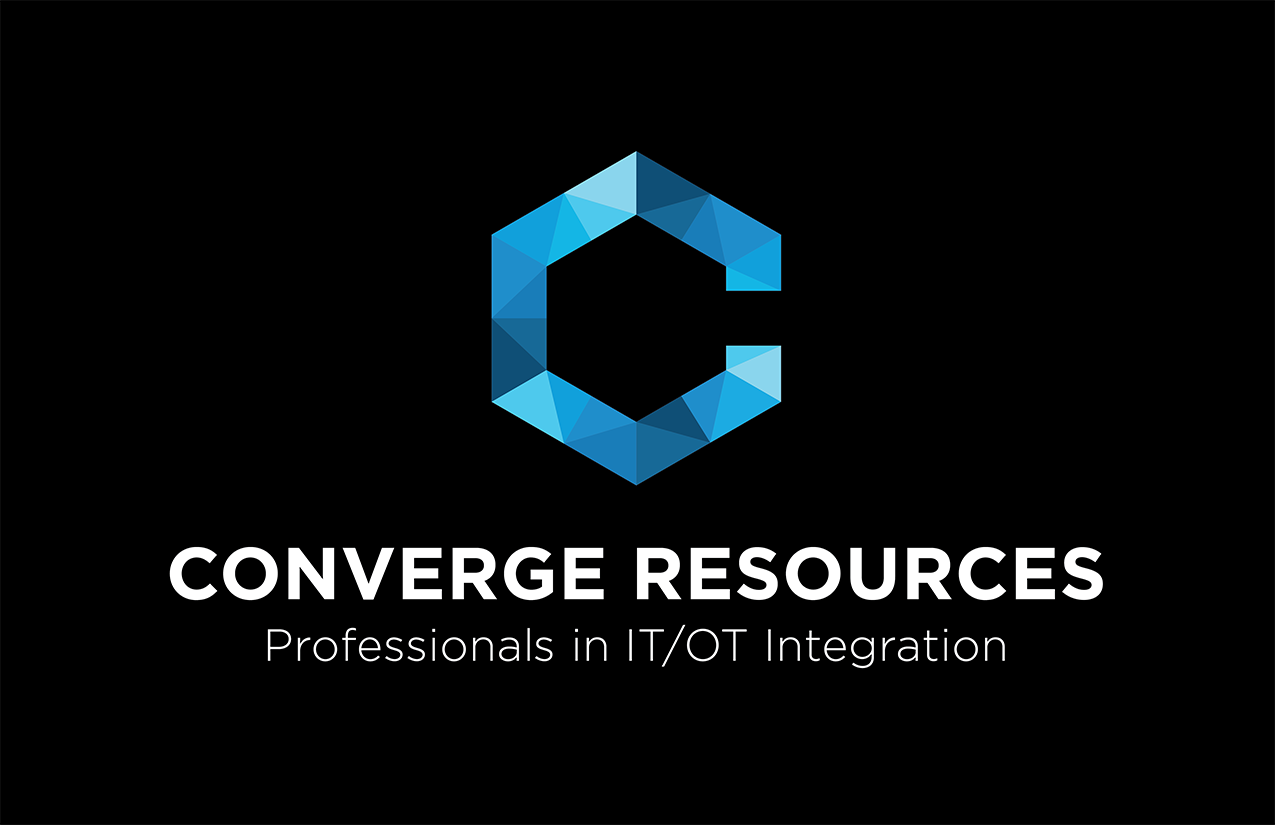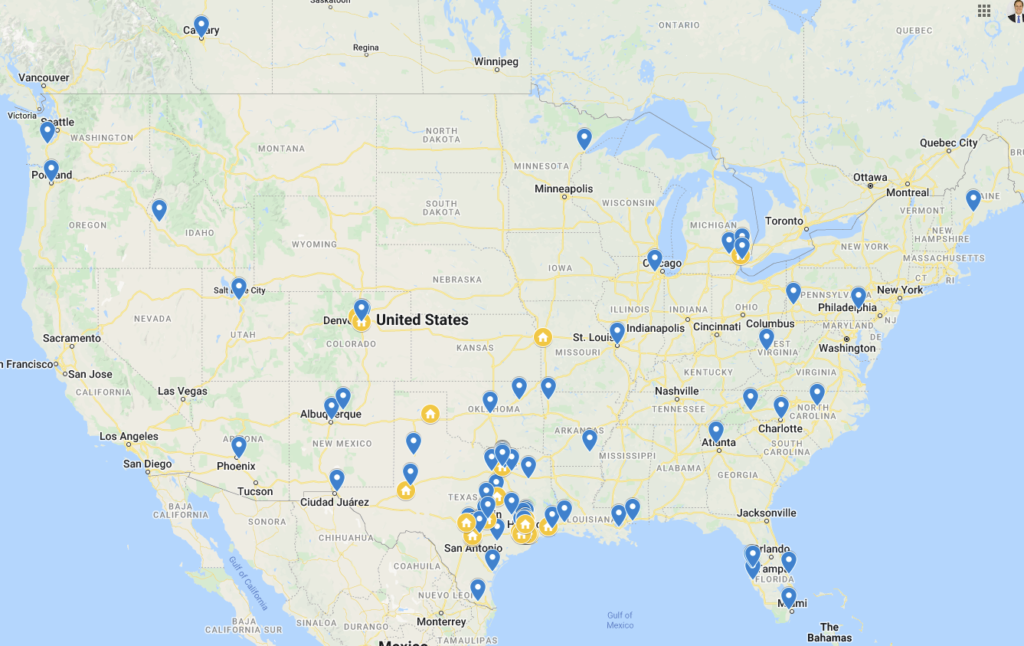Navigating the Current Trends in Information & Cyber Security Job Market

In our increasingly digitized world, the importance of information and cyber security cannot be overstated. As technology evolves, so do the threats against it, making skilled professionals in this field more indispensable than ever. Let’s delve into the current trends shaping the information and cyber security job market, from sought-after skills to emerging roles and industries leading the charge.
Demand for Specific Skills
1. Cloud Security Expertise: With the widespread adoption of cloud computing, organizations are prioritizing professionals who can secure cloud environments effectively. Skills in cloud security, including knowledge of cloud platforms like AWS, Azure, and Google Cloud, are highly sought after.
2. Data Protection and Privacy: As data breaches continue to make headlines, the demand for professionals versed in data protection laws and privacy regulations such as GDPR and CCPA remains high. Skills in data encryption, anonymization techniques, and compliance management are valued.
3. Threat Intelligence and Analysis: Proactive threat detection and mitigation are critical in today’s cyber landscape. Professionals skilled in threat intelligence, incident response, and security analytics are in demand to identify and neutralize cyber threats before they escalate.
4. Zero Trust Security: The Zero Trust model, which assumes no trust within or outside the network perimeter, is gaining traction. Organizations are seeking experts who can implement and manage Zero Trust architectures, including micro-segmentation and continuous authentication mechanisms.
5. AI and Machine Learning in Security: Artificial Intelligence (AI) and Machine Learning (ML) are revolutionizing cybersecurity by enhancing threat detection capabilities and automating response processes. Professionals with expertise in AI/ML algorithms and their application in security operations are highly coveted.
Emerging Roles
1. DevSecOps Engineer: DevSecOps integrates security practices into the DevOps pipeline, ensuring security is a fundamental aspect of software development and deployment. DevSecOps engineers bridge the gap between development, operations, and security teams, promoting a culture of security-first mindset.
2. Identity and Access Management (IAM) Specialist: With the proliferation of remote work and cloud-based services, IAM specialists play a crucial role in managing user identities, enforcing access controls, and preventing unauthorized access to sensitive resources.
3. Cybersecurity Architect: Cybersecurity architects design and implement holistic security solutions tailored to the organization’s needs, considering factors such as risk assessment, compliance requirements, and emerging threats. They oversee the integration of security controls across the entire IT infrastructure.
4. Threat Hunter: Threat hunters proactively search for signs of potential security breaches within the network, employing advanced techniques to identify and mitigate threats that may evade traditional security measures. Their role is crucial in staying ahead of sophisticated cyber adversaries.
5. IoT Security Specialist: As the Internet of Things (IoT) ecosystem expands, so do the security challenges associated with connected devices. IoT security specialists focus on securing IoT endpoints, protocols, and communication channels to mitigate the risks posed by IoT-related vulnerabilities.
Industries Driving Growth
1. Finance and Banking: Financial institutions handle vast amounts of sensitive data, making them prime targets for cyber attacks. The finance sector continues to invest heavily in cybersecurity to safeguard customer assets, maintain regulatory compliance, and uphold trust in financial services.
2. Healthcare: The healthcare industry faces unique cybersecurity challenges, given the highly sensitive nature of patient data and the increasing adoption of digital health technologies. Healthcare organizations are ramping up efforts to secure electronic health records (EHRs), medical devices, and telehealth platforms.
3. Technology and Software Development: Technology companies and software developers prioritize security throughout the software development lifecycle to deliver secure products and protect intellectual property. Cybersecurity professionals play a crucial role in ensuring the integrity and confidentiality of digital assets.
4. Government and Defense: Governments worldwide are bolstering their cyber defenses to safeguard national security interests and critical infrastructure from cyber threats. Defense agencies invest in cybersecurity capabilities to counter cyber espionage, warfare, and terrorism in cyberspace.
5. Retail and eCommerce: With the rise of online shopping and digital payments, retailers face growing cybersecurity risks, including payment fraud, data breaches, and supply chain attacks. Retailers invest in cybersecurity measures to protect customer data, secure online transactions, and maintain consumer trust.
The information and cyber security job market is dynamic and evolving, driven by advancements in technology, emerging threats, and regulatory pressures. Professionals equipped with the right skills and expertise are well-positioned to thrive in this ever-expanding field, safeguarding digital assets and shaping a more secure future for organizations worldwide. Whether you’re a seasoned cybersecurity veteran or aspiring to enter this rewarding field, staying abreast of current trends and honing your skills is key to success in the fast-paced world of information security.



Leave a Comment